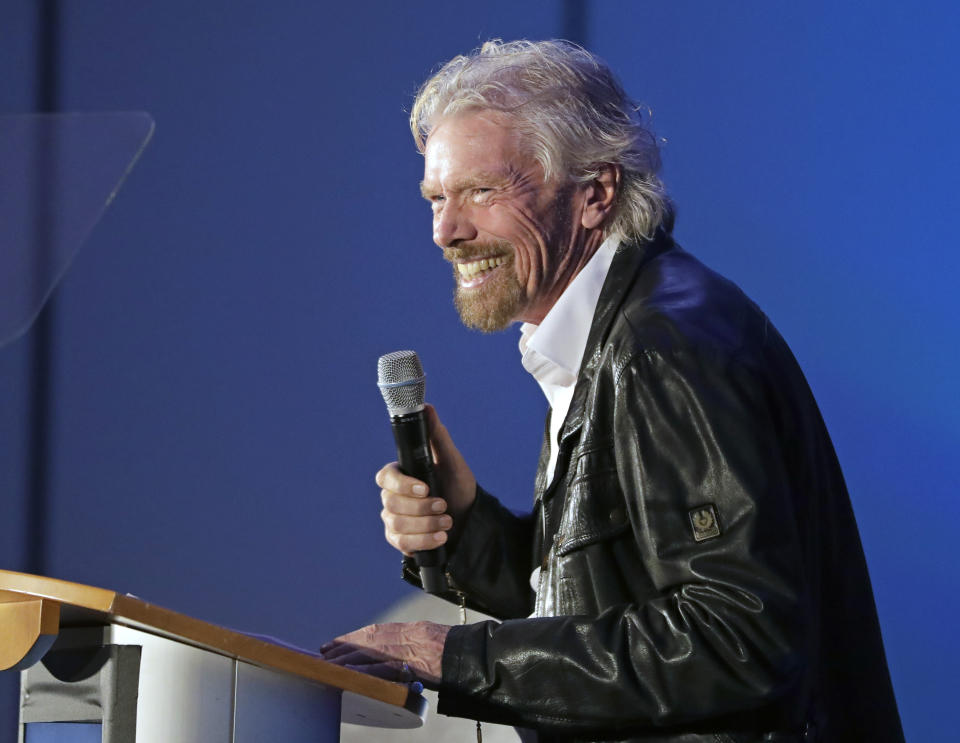How dyslexia became key to Richard Branson’s success

Virgin founder Richard Branson has described dyslexia as one of his biggest strengths as it helped him work creatively.
In a blog post, the billion-dollar founder said one of the strengths people with dyslexia have is “a strong imagination”.
Related story: 10-year-old's powerful poem about dyslexia goes viral
Related story: From Bill Gates to Richard Branson: top tips on how to become a millionaire according to those who are
Related story: 'Stuff' does not bring happiness: Virgin founder Richard Branson’s tweet backfires
People with dyslexia have trouble reading and spelling, but not with comprehension or learning. Branson said this condition meant he had to become more creative.
“Imagination is one of humanity’s greatest qualities – without it, there would be no innovation, advancement or technology, and the world would be a very dull place.
“My dyslexia has shaped Virgin right from the very beginning and imagination has been the key to many of our successes. It helped me think big, but keep our messages simple.”
According to a report from EY, people with dyslexia present an “untapped, pool of talent” for organisations as the world of work changes, thanks to their ability to adapt and learn in different ways.
It found that these people have an exceptional level in communicating, imagining and visualising, cognitive flexibility, reasoning, exploring and active learning.
“Dyslexia has driven my great analytical abilities. I’m able to absorb knowledge through non-conventional means very effectively,” an interviewee said in the report.
“I am very detail orientated and I can get my head around complex detail faster – I have a very creative mind in respect of finding new solutions to an existing problem,” added another.
But, Branson added, current education methods are still teaching children with dyslexia to “conform” rather than “realise their potential”.
“We should stop trying to get all children to think the same way. We should support and celebrate all types of neurodiversity and encourage children’s imagination, creativity and problem solving – the skills of the future.”
Make your money work with Yahoo Finance’s daily newsletter. Sign up here and stay on top of the latest money, news and tech news.

 Yahoo Finance
Yahoo Finance 
